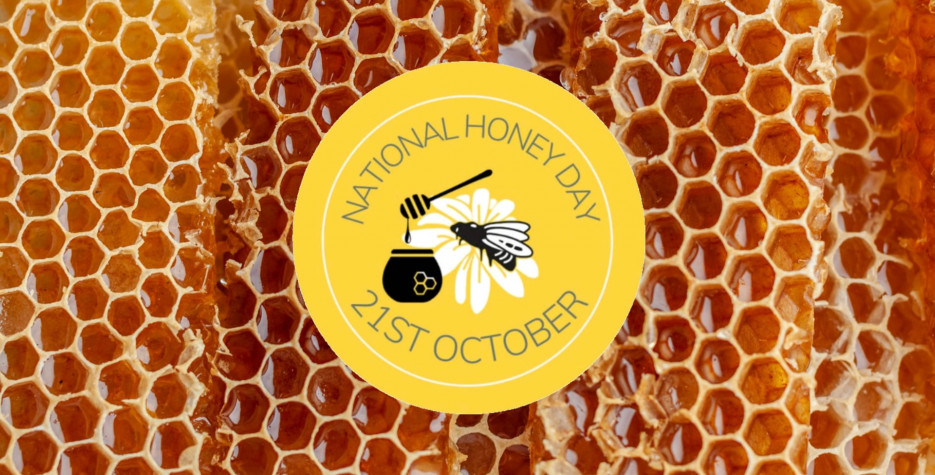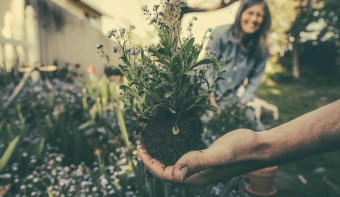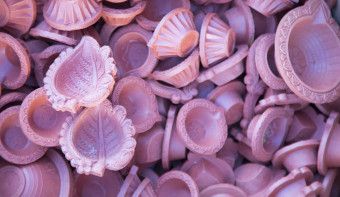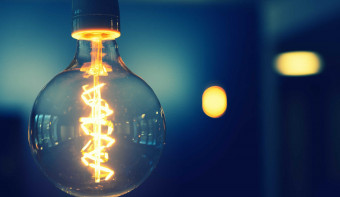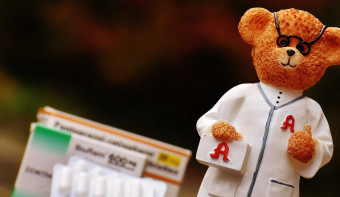About National Honey Day
Every year on October 21st, the British Beekeepers' Association (BBKA) invites us to celebrate National Honey Day, a day dedicated to the golden nectar that has delighted palates and enriched diets for centuries. This annual event not only highlights the joys of consuming local honey but also sparks critical conversations about honey adulteration and the importance of supporting ethical beekeeping practices.
The Buzz Around Local Honey
Local honey is more than just a treat for the tastebuds; it’s a product steeped in tradition and sustainability. Produced by bees from nectar collected in nearby environments, local honey often reflects the unique flavors of the area, influenced by the blossoms and vegetation that the bees forage on. From delicate floral notes to robust, earthy tones, every jar of local honey tells a story of the region it comes from.
Consuming local honey also supports nearby beekeepers, who play a vital role in maintaining healthy ecosystems. Bees are crucial pollinators, ensuring the reproduction of flowering plants and contributing to the success of crops. By purchasing honey directly from beekeepers, you’re not only getting a quality product but also investing in the health of your local environment.
Spotlight on Honey Adulteration
One of the key issues raised on National Honey Day is honey adulteration—a practice where pure honey is diluted with cheaper sugars, syrups, or other additives. This practice not only deceives consumers but also undermines the hard work of genuine beekeepers.
Adulterated honey often lacks the unique nutritional and medicinal qualities of authentic honey. Pure honey, for instance, contains natural enzymes, antioxidants, and antimicrobial properties that make it a valuable addition to any diet. In contrast, adulterated honey can be devoid of these benefits and may contribute to unfair market competition for honest producers.
Raising awareness about how to identify authentic honey is an essential part of National Honey Day. Beekeeping organizations and local producers encourage consumers to check labels, buy from trusted sources, and learn to recognize the signs of quality honey.
How to Celebrate National Honey Day
There are many ways to participate in this sweet celebration:
Buy Local: Visit your nearest farmer’s market or contact a local beekeeper to purchase fresh, unadulterated honey.
Learn More: Attend workshops or events organized by the BBKA or other beekeeping groups to deepen your understanding of bees and honey production.
Experiment in the Kitchen: Incorporate honey into your meals, whether it’s drizzling it over yogurt, using it as a natural sweetener in tea, or creating honey-glazed dishes.
Spread the Word: Share the importance of choosing local honey and supporting ethical beekeepers on social media or with friends and family.
Why It Matters
National Honey Day isn’t just about enjoying nature’s sweetness; it’s a call to action. By choosing locally sourced, authentic honey, we can support sustainable beekeeping practices, protect bee populations, and ensure the integrity of one of the world’s oldest natural foods.
So, this October 21st, grab a jar of local honey and savor the sweetness while supporting a cause that benefits us all. Together, we can make a difference—one spoonful at a time.
Find out moreSimilar Observances
Other Observances on October 21st 2025
World Energy Saving Day ♻️
Read More


